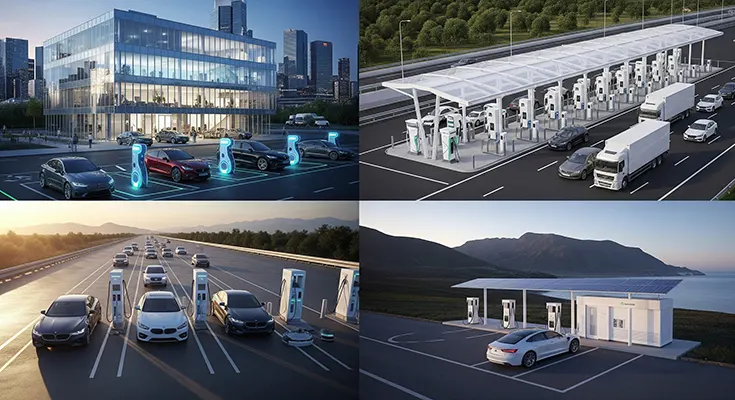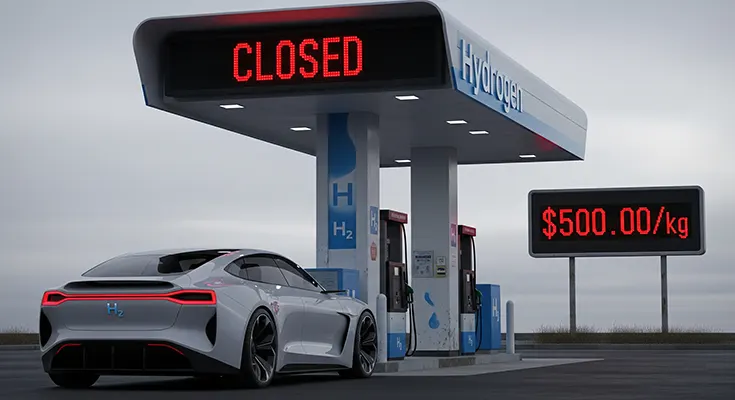As electric vehicle (EV) sales continue their exponential climb, the global focus is shifting from a simple question of “if” EVs will succeed to a more complex one: “how” will we power them? The development of a robust, accessible, and intelligent charging infrastructure is the lynchpin of the EV revolution. Around the world, a series of critical trends are shaping this vital ecosystem.
1. The Rise of Fast Charging: The Race for Speed
The most significant trend in public charging is the rapid deployment of high-power DC fast chargers. While Level 2 chargers are sufficient for home or overnight charging, the need for quick top-ups on highways and in urban hubs is paramount for long-distance travel and daily convenience.
- Higher Power Output: The new standard is increasingly moving beyond 50 kW to ultra-fast chargers delivering 150 kW, 250 kW, and even 350+ kW. These chargers can add hundreds of miles


